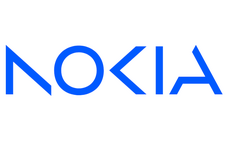Moody's analysis of Nokia's finances follows examination of the company's latest results and the financing of its acquisition of Nokia Siemens Networks
Nokia's credit rating has been cut even further by ratings agency Moodys, over concerns about the company's cashflow. The company's credit rating now stands at B1, four levels below "investment ...
To continue reading this article...
Join Computing
- Unlimited access to real-time news, analysis and opinion from the technology industry
- Receive important and breaking news in our daily newsletter
- Be the first to hear about our events and awards programmes
- Join live member only interviews with IT leaders at the ‘IT Lounge’; your chance to ask your burning tech questions and have them answered
- Access to the Computing Delta hub providing market intelligence and research
- Receive our members-only newsletter with exclusive opinion pieces from senior IT Leaders




















